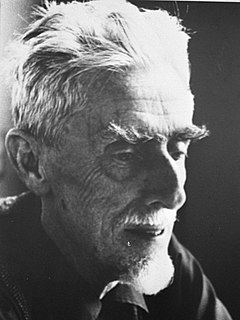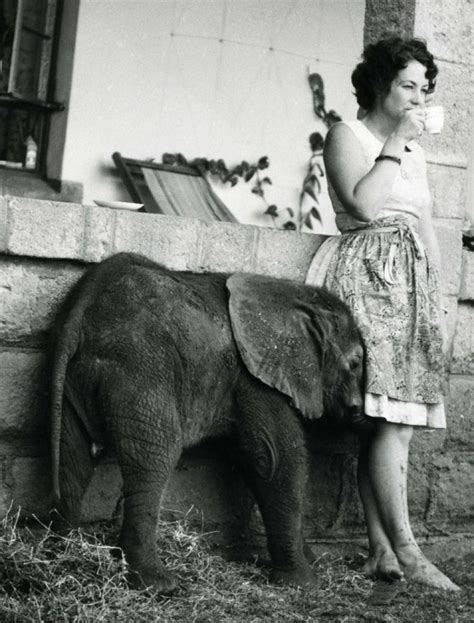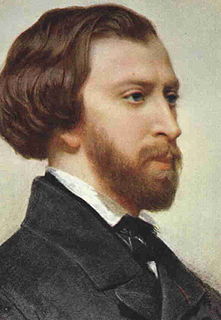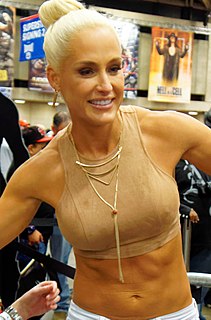A Quote by M. C. Escher
It is human nature to want to exchange ideas, and I believe that, at bottom, every artist wants no more than to tell the world what he has to say.
Related Quotes
...why did Plato say that poets should be chased out of the republic? Precisely because every poet and every artist is an antisocial being. He's not that way because he wants to be; he can't be any other way.... and if he really is an artist it is in his nature not to want to be admitted, because if he is admitted it can only mean he is doing something which is understood, approved, and therefore old hat - worthless. Anything new, anything worth doing, can't be recognized.
Animals are indeed more ancient, more complex and in many ways more sophisticated than us. They are more perfect because they remain within Nature’s fearful symmetry just as Nature intended. They should be respected and revered, but perhaps none more so than the elephant, the world’s most emotionally human land mammal.
They say that negative things like stress, anxiety, tension, sorrow, and depression "squeeze the tube" so ideas don't flow through it. But if you get rid of that negativity, which goes away naturally when you transcend every day, these ideas are more freely flowing, and you get happy in the doing. You get fresh and inspiring ideas, and a bigger picture starts to emerge of the world and life. It's very good for the artist, businessman, fisherman, and any kind of person really.
Alas, everything that men say to one another is alike; the ideas they exchange are almost always the same, in their conversation. But inside all those isolated machines, what hidden recesses, what secret compartments! It is an entire world that each one carries within him, an unknown world that is born and dies in silence! What solitudes all these human bodies are!
I don't know why you'd want to say your work comes from nature, because art is related to perception, not nature. All abstract artists try to tell you that what they do comes from nature, and I'm always trying to tell you that what I do is completely abstract. We're both saying something we want to be true.
Human beings are more alike than unalike. Whether in Paris, Texas, or Paris, France, we all want to have good jobs where we are needed and respected and paid just a little more than we deserve. We want healthy children, safe streets, to be loved and have the unmitigated gall to accept love. If we are religious, we want a place to perpetuate God. If not, we want a good lecture every once in a while. And everyone wants someplace to party on Saturday nights.
There are dangers in sentimentalizing nature. Most sentimental ideas imply, at bottom, a deep if unacknowledged disrespect. It is no accident that we Americans, probably the world's champion sentimentalizers about nature, are at one and the same time probably the world's most voracious and disrespectful destroyers of wild and rural countryside.
There are more ideas on earth than intellectuals imagine. And these ideas are more active, stronger, more resistant, more passionate than "politicians" think. We have to be there at the birth of ideas, the bursting outward of their force: not in books expressing them, but in events manifesting this force, in struggles carried on around ideas, for or against them. Ideas do not rule the world. But it is because the world has ideas (and because it constantly produces them) that it is not passively ruled by those who are its leaders or those who would like to teach it, once and for all, what it must think.








































